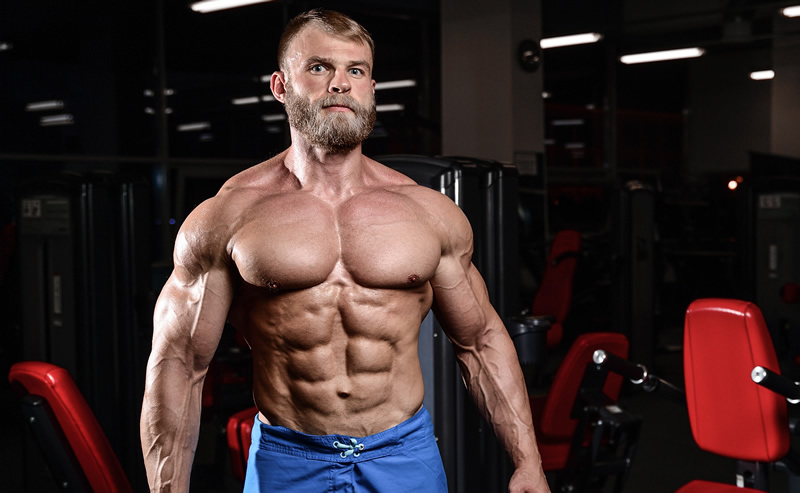Ok, there is the long-time sportsman who at fifty has a great chest and back. There's the occasional freak who at sixty or seventy is the same as when he was twenty. There's the Japanese model who rediscovered himself in old age - and the ripped abs won magazine covers.
And lately he also turns that guy with the Hispanic name that he is passionate about CrossFit® at the remarkable age of eighty, he looks sixty, and has forty at the head. Hyacinth, I think it's called.
Index
Still candles to blow ...
In reality, the passing of our birthdays involves several important changes to our body. Metabolism, hormonal dynamics, speed of cellular processes.
Without being tragic, four hours of sleep per night are no longer enough for us, we no longer digest complex carbohydrates after nine o'clock in the evening, we put it up more easily belly and love handles. If we had been for melee sports before, now we begin to evaluate a golf club membership.
"Without being tragic."
Clearly the ability of the muscles to do work - and recover it - also comes influenced by age.
Sports activity and aging
That to play a sport - any one, really - good for the body, no doubt. It is tried and proven, the benefits are countless and so on ... so much so that this is now more a theme for i post motivational in groups of fifty on Facebook.
What interests us is the answer to a clear question (I put it sweet):
how much do we have to pull the brake after a certain age?
The answer is: a bit'.
In the case of our loved ones cast iron sport, the main factors we need to start incorporating into the equation of our workouts are
- Joint flexibility
- Cardiovascular health
- The times of recovery muscular
And I add, in an informal way, also an "avoiding bumps", which you never know.
Age and muscle recovery times
Il muscle recovery it depends on several factors - hormonal, biochemical and physiological - and consists of processes that begin immediately after the effort, and that occur in the 24-72 later hours. Even ours physical form, and the adaptation we have made to regular physical activity do matter.
With increasing age, muscles tend to recover more slowly from physical exercise, be it strength training or endurance. The damage that the training causes to muscle fibers they ask for more time to be reabsorbed.
The muscle adapts, reshapes and grows more slowly.
Up to now, the studies have produced inconsistent data, difficult to reduce to a clear case history. Some show that older athletes recover in longer times. Others deny this hypothesis.
This study, performed on triathlon athletes, shows how, after a workout, the oldest athletes had one muscle protein synthesis significantly lower: this is one of the factors that can justify different recovery times.
However we are still in the (almost) field of personal experience.
In the end, and without getting lost in the pages of PubMed, the lesson is the most trivial. Let's listen, let's be silent, regoliamoci. And let's pay a little more attention to our coach, and to our doctor (wink).
A slower muscle recovery should NOT be a cause for discontent or renunciation.
In short, how much does age in muscle recovery weigh?
It weighs, boys, weighs.
Like those bumper plates big. Maybe more.
And yet, as with bumpers, everything is about adapting, improving one's technique, not getting hurt stupidly, not letting our ego win, in the consume the right amount of protein (and maybe a little more), and in keeping to the eye with integration and sleep rhythms.
And then, all of us at least once ate the powder from that old man with the old school racing bike, shaved legs at the age of seventy, and for whom maltodextrins and rapidly absorbed carbohydrates "are just devilry".
There is hope.

